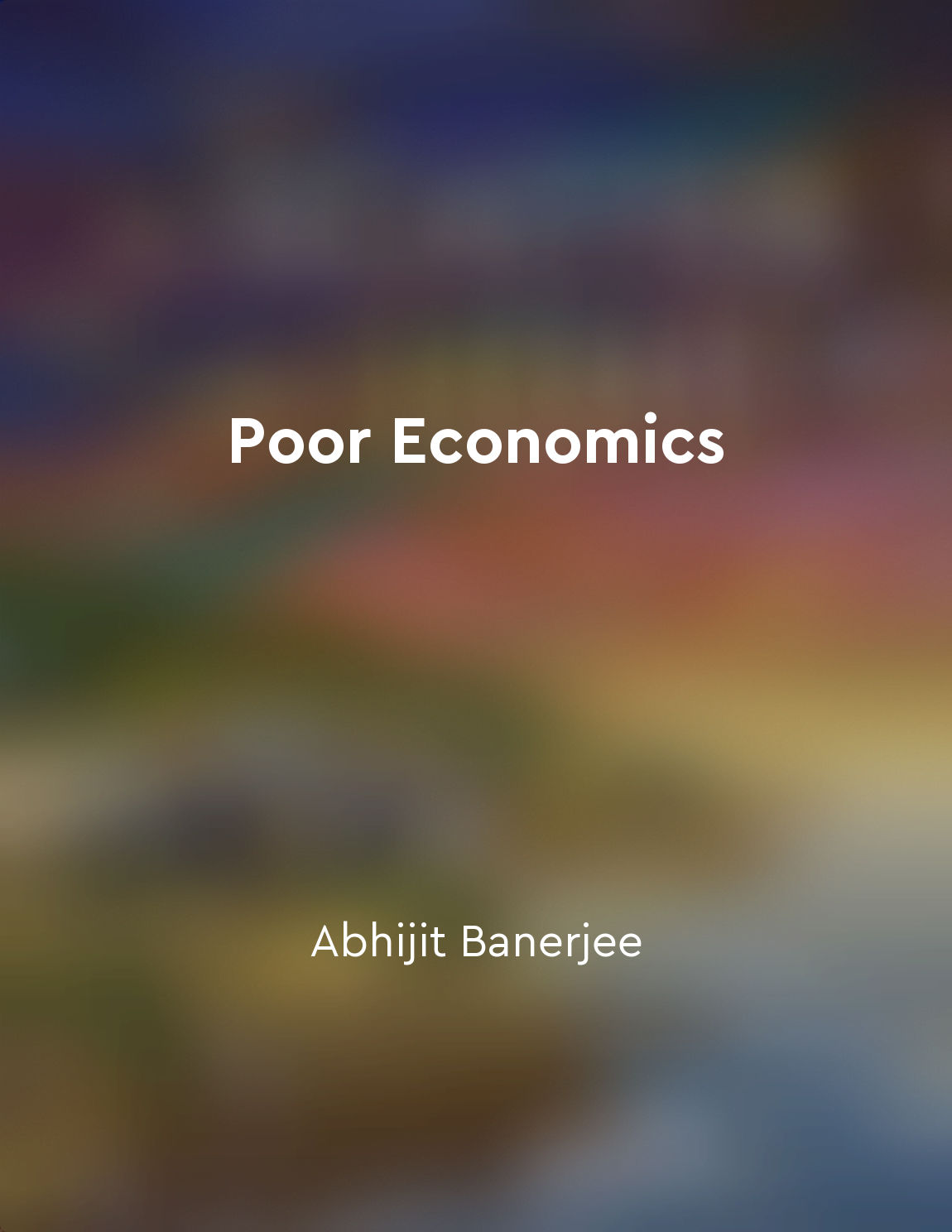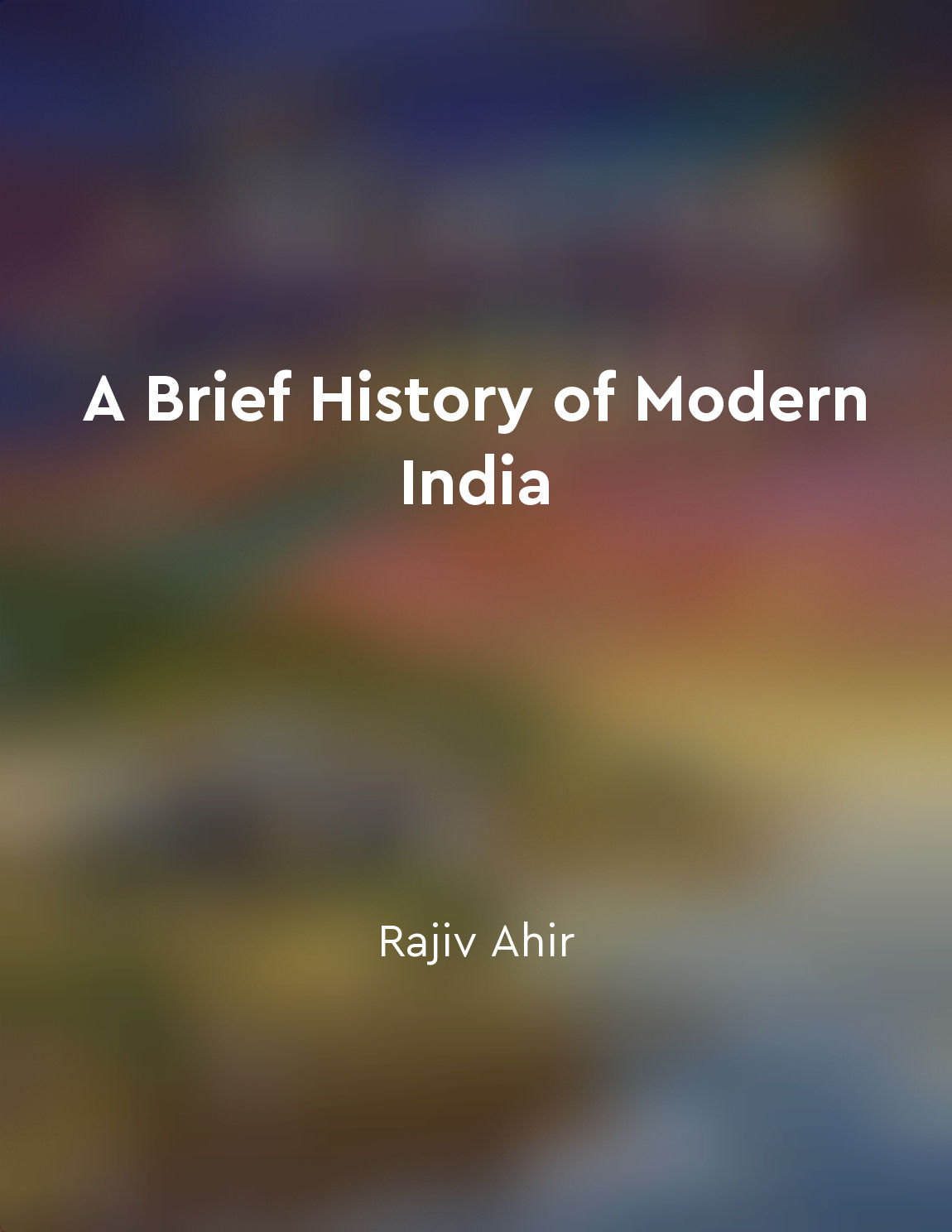Women empowerment and gender equality from "summary" of A Brief History of Modern India by Rajiv Ahir
The concept of women empowerment and gender equality has been a significant focus in the history of modern India. It encompasses the idea of providing women with equal opportunities, rights, and access to resources as men. This concept aims to create a society where women are not discriminated against based on their gender and can actively participate in all aspects of life. Throughout history, women in India have faced various forms of discrimination and marginalization. They have been denied basic rights such as education, property ownership, and political participation. The concept of women empowerment seeks to address these disparities and create a more inclusive and equitable society. Gender equality, on the other hand, emphasizes the importance of treating men and women equally in all spheres of life. This includes ensuring equal pay for equal work, promoting women's representation in decision-making roles, and challenging traditional gender roles and stereotypes. In modern India, efforts have been made to promote women empowerment and gender equality through various policies and initiatives. These include laws against domestic violence, measures to increase women's participation in the workforce, and campaigns to raise awareness about gender issues. Despite these efforts, challenges remain in achieving true women empowerment and gender equality in India. Deep-rooted patriarchal attitudes, lack of access to education and healthcare, and economic disparities continue to hinder progress in this area.- The concept of women empowerment and gender equality is essential for creating a more just and inclusive society where both men and women can thrive. It requires a multi-faceted approach that addresses systemic inequalities and challenges societal norms and attitudes towards gender.
Similar Posts
The practice of puja involves offering prayers and offerings to deities
The act of puja is a sacred ritual that holds great significance in the religious practices of India. It is a way for devotees ...
Partition of India led to the creation of Pakistan
The partition of India in 1947 resulted in the creation of Pakistan. This significant event in the history of India marked the ...
Economic development in postindependence India
In the early years of independence, India faced numerous challenges on the economic front. The country had been ravaged by year...

The lives of the poor are characterized by uncertainty
The poor live in a state of perpetual uncertainty. They face a multitude of risks every day, from health problems to job insecu...

The highest form of good is truth and knowledge
In the pursuit of truth and knowledge, we find the ultimate good. It is through seeking understanding and wisdom that we are ab...
The struggle for power reveals the true nature of individuals
The power struggle is like a mirror that reflects the deepest, darkest parts of our souls. When individuals are pushed to their...
Partition caused significant social and political upheaval
The partition of India in 1947 was a momentous event that had far-reaching consequences for the people of the region. The divis...
Social mobility is nearly impossible for the poor
The residents of Annawadi, a slum near the Mumbai airport, live in a world where poverty traps them in a cycle of despair. Desp...
Overcoming cultural barriers
In the quest for liberation, women face numerous cultural barriers that prevent them from realizing their full potential. These...


